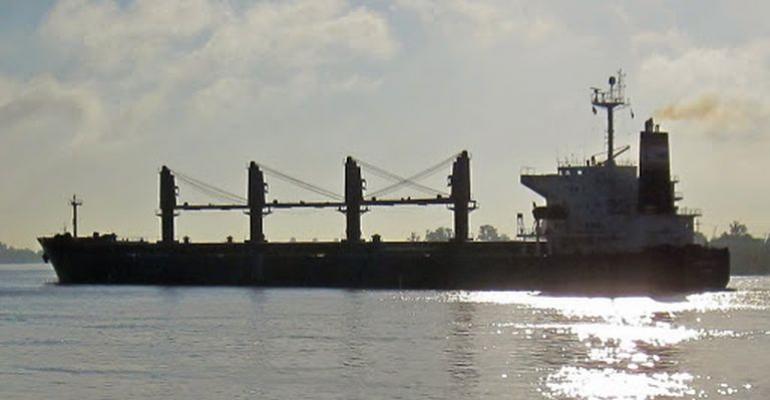The index on Tuesday marks the lowest level in four years of 291 points seen on 12 February 2016, and the BDI was at five-year highs of 2,462 points as recently as on 6 September 2019.
Capesize vessels, the largest vessel size in dry bulk shipping, are the hardest hit as the capesize index fell into negative territory for the first time ever at the end of January and settled at minus 133 on 4 February.
Fears over the spread of the coronavirus have held back demand for iron ore as steel facilities and construction sites in China have temporarily suspended operations. The recent flooding in Brazil’s Minas Gerais has also cut back exports from key iron ore producing region.
Analyst Intermodal said in its weekly report that the combination of extremely higher bunker costs together with the coronavirus outbreak and a slow market in the East appear to have left no room for rates to resist.
“There are no easy words to describe the sentiment in the capesize market. The activity level was almost muted as minimal trading took place in the Atlantic region, while the largely oversupplied Pacific market remained under extreme pressure,” Intermodal stated.
The Baltic Capesize Index (BCI) indicated average earnings of $3,973 a day on 31 January for capesize vessel. Specifically, rates for C10 Pacific RV were at just $1,471 a day, C14 China-Brazil RV at $2,427 and C8 transatlantic RV at $7,465 a day.
“The average earnings per day fell beneath the $4,000 a day (for BCI), a level considerably below even the most conservative opex level. Significant losses were also being noted across the rest of the dry bulk size classes,” said Allied Shipping Research.
Given that the main affected regions of the coronavirus produce approximately 60% of the total steel production in China, it is of little surprise that demand for iron ore has been limited, Allied Shipping Research noted.
“The situation in China has not been the only headache for iron ore traders, as severe floods noted in south-eastern Brazil last week, a key iron ore producing region, has reduced Brazilian exports, limiting the availability of cargoes and further limiting activity in the capesize sector,” the analyst said.
The impact from the coronavirus and the lack of drive for trade activity from China is expected to remain a heavy counterweight for the dry bulk market.
Copyright © 2024. All rights reserved. Seatrade, a trading name of Informa Markets (UK) Limited.
Add Seatrade Maritime News to your Google News feed.  |

